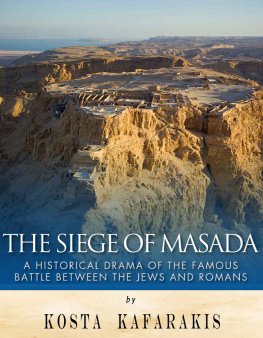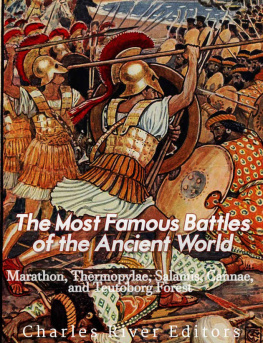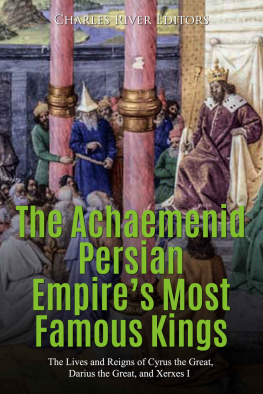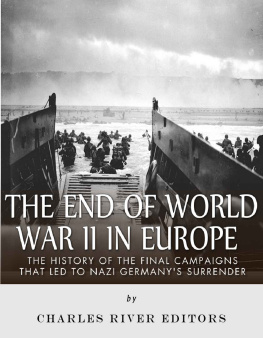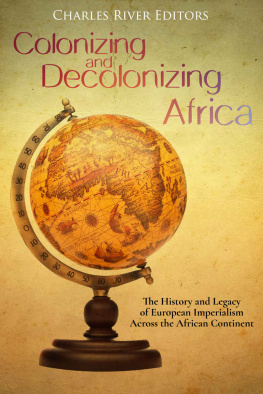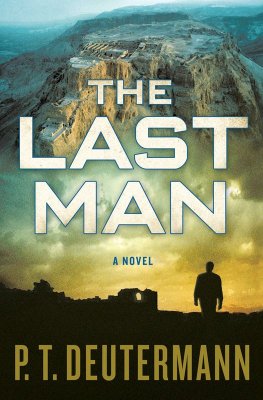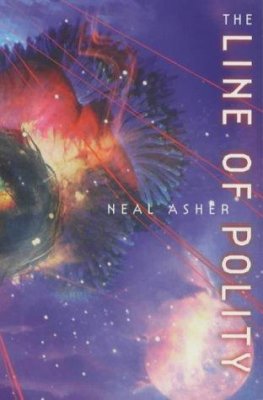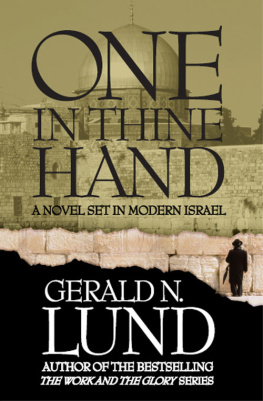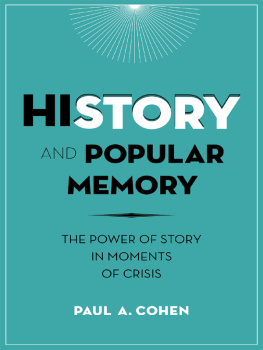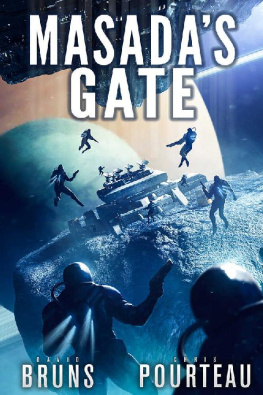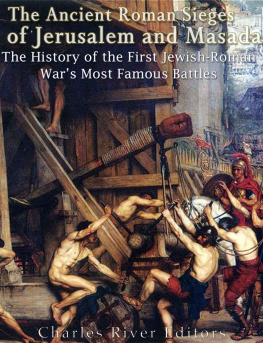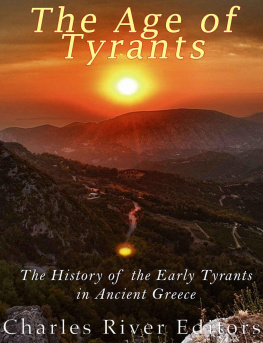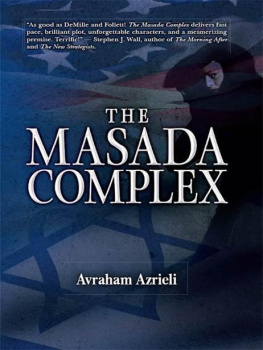The Siege of Masada: A Historical Drama of the Famous Battle Between the Jews and Romans
By Kosta Kafarakis
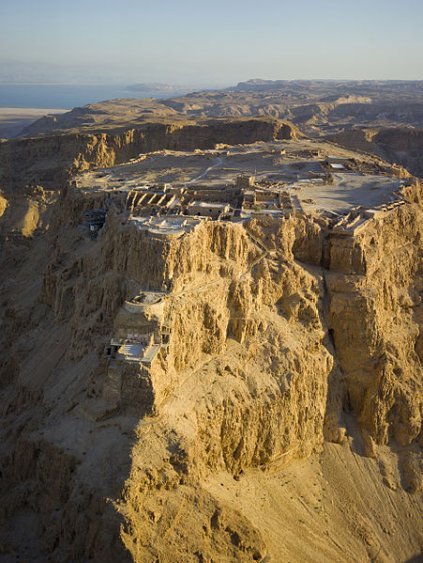
Introduction
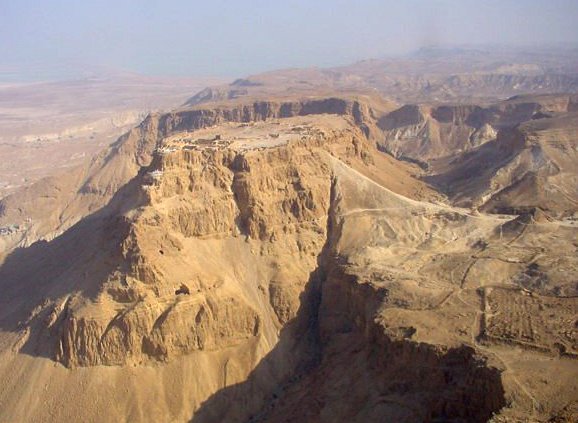
The Siege of Masada
"Since we long ago resolved never to be servants to the Romans, nor to any other than to God Himself, Who alone is the true and just Lord of mankind, the time is now come that obliges us to make that resolution true in practice ... We were the very first that revolted, and we are the last to fight against them; and I cannot but esteem it as a favor that God has granted us, that it is still in our power to die bravely, and in a state of freedom." - Elazar ben Yair
Many Westerners have never even heard of the Siege of Masada, and those who have may simply know it as an obscure reference to a minor battle fought in a remote location of the Roman world. By contrast, virtually all Israeli school children know the story of Masada as a premier example of nationalistic pride. According to historian Klara Palotai, "Masada became a symbol for a heroic 'last stand' for the State of Israel and played a major role for Israel in forging national identity"
Indeed, the heroic story of a small band of fighters facing incalculable odds has many elements that are reminiscent of both the Battle of Thermopylae and the Battle of the Alamo. The refrain Masada shall not fall again, coined in a poem on the subject by Yitzak Lamdan, became a cry of resolve in battle for Israeli soldiers in the 20th century, just as the cry of Remember the Alamo had galvanized Americans. For decades, the Israelite military used the site of Masada as the location for swearing in their new recruits, and the choice of the site was obviously designed to evoke within the new soldiers a deep sense of connection with their national history.
The Siege of Masada was the final battle in a long series of fights that constituted the First Jewish-Roman War. The Roman Empire had established control over the region in the 1st century BCE, when the Roman proconsul Pompey the Great took control of Jerusalem and ceremonially defiled their temple by entering it. This mix of political control and religious desecration was a contentious issue for the Judeans throughout the Roman period, and militant activists opposed to Roman rule, often espousing strongly held religious beliefs, frequently developed large followings to challenge the Roman authorities. This led to multiple violent clashes between the Judeans and the Romans, and the First Jewish-Roman War (66-73 CE) was one such clash (albeit on a larger scale than most). The Roman troops marched through and made their military might felt, first in the northern region of Galilee, then down the coast where they finally laid siege to the capital city of Jerusalem. This left three Roman fortress outposts, including Masada, that had been built by Herod the Great but had been taken over by various Judean factions. Masada was the last of these fortresses that the Romans attacked and proved the most difficult for them to seize, but seize it they did.
However, what made this battle qualitatively different from most was not just the difficulty Rome had in retaking control of it with incredibly disproportional military equipment and numbers, but also the actions of the Judean defenders. In the final hours of the battle, just as the Romans were about to breach the walls of the city, the defenders gathered together and committed mass suicide, rather than being killed or taken captive by the Romans. Josephus, a contemporary historian of the era, vividly described the mass suicide: Now as Eleazar was proceeding on in his exhortations, they all cut him off short, and made haste to do the work, as full of an unconquerable ardor of mind, and moved with a demoniacal fury. So they went their ways, as one still endeavoring to be before another, and as thinking that this eagerness would be a demonstration of their courage and good conduct, if they could avoid appearing in the last class; so great was the zeal they were in to slay their wives and children, and themselves also! Nor, indeed, when they came to the work itself, did their courage fail them, as one might imagine it would have done, but they then held fast the same resolution, without wavering, which they had upon the hearing of Eleazar's speech, while yet every one of them still retained the natural passion of love to themselves and their families, because the reasoning they went upon appeared to them to be very just, even with regard to those that were dearest to them; for the husbands tenderly embraced their wives, and took their children into their arms, and gave the longest parting kisses to them, with tears in their eyes. Yet at the same time did they complete what they had resolved on, as if they had been executed by the hands of strangers, and they had nothing else for their comfort but the necessity they were in of doing this execution to avoid that prospect they had of the miseries they were to suffer from their enemies.
The Siege of Masada: A Historical Drama of the Famous Battle Between the Jews and Romans is a historical drama that portrays the famous battle from the standpoint of a fictional survivor.
Prologue
The narrative below presents the Siege of Masada from the perspective of a Jewish woman who survived the siege and subsequently described it to her grandson years later. Her husband, Yaakov, shares beliefs and actions that exemplify what is known about the group of Jews who defended Masada against the Romans. The few personal details the woman provides about herself and her husband are based on knowledge of family and cultural life at the time from texts and archaeological data from this period, and the personal views she articulates and ascribes to her husband reflect the religious and political nature of the Jews who occupied Masada. All other characters are historical figures whose actions are directly recorded in available historical sources.
Chapter 1: The Sicarii
I was 17 when I married your grandfather, Yaakov, who was 28 at the time. As I got to know him and learned about his life before we met, he explained that when he was a boy, his father Achav, your great-grandfather, used to make and sell these beautiful lamps. The work was good, but the family did not have much money by any means.
When Yaakov was about 10 or so, his father became very disenchanted with the social injustice in our society. The rich got richer, the poor got poorer, and the calls of the prophets remained unheeded. Yaakov also grew weary of our religious leaders at that time. He began to consider the priests in Jerusalem not as leaders of our faith but as corrupt politicians. Although he was not happy with the Romans who were occupying our region, his anger was directed specifically at our religious leaders when he realized they were just corrupt politicians.
Yaakovs life changed pretty radically when his father Achav joined the Sicarii, a group violently opposed to economic inequality and social injustice as embodied by our political and religious leaders. The group had been around since his father was a young boy, but he had not thought much of them when he was younger. Since Judea had been under Greek rule his entire life, your great-grandfather had not received any military training and had no idea how to handle a weapon.
The Sicarii taught Achav how to fight and how to kill, but they did not train him to be a soldier. Instead, they trained him to be an assassin. His favorite weapon was a sica , the small dagger you have seen the Roman soldiers around here carrying. Your great-grandfather had a special sheath sown into his jacket that would both keep it concealed and make it readily accessible when he needed it. He learned to strike a killing blow and return his blade to its sheath before anyone around recognized there was a problem. When the victim collapsed, your grandfather blended into the crowd that gathered round and appeared as shocked and horrified as those surrounding him. As such, his membership in the Sicarii was not something that he shared freely with others, and as far as his neighbors and relatives outside of our home knew, he remained a simple lamp merchant.

